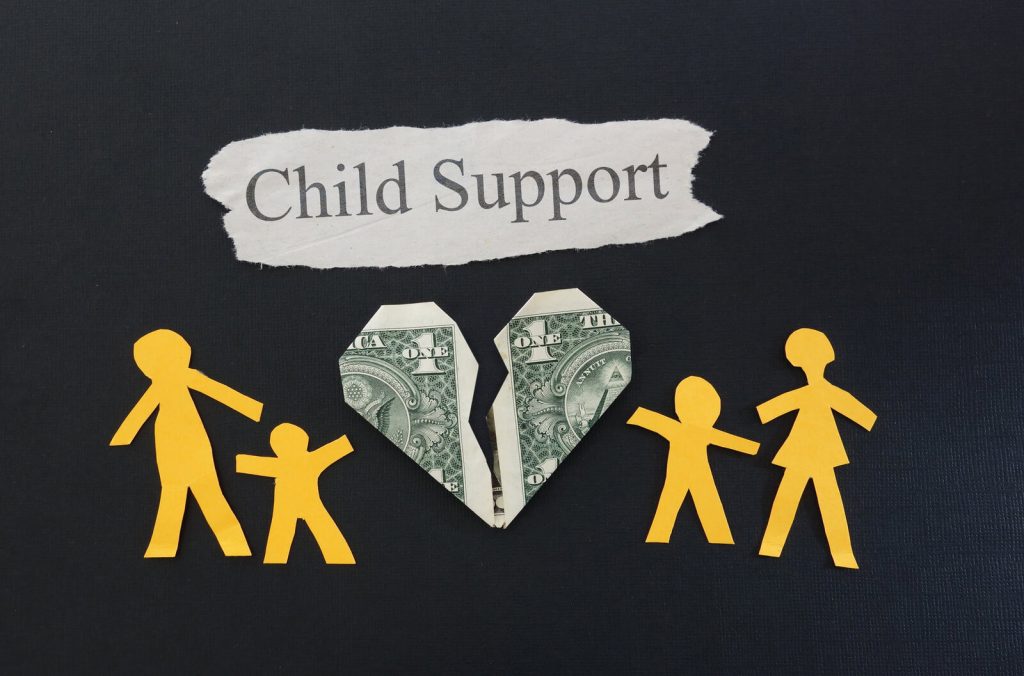Child support is a crucial aspect of divorce or separation, as it ensures that children receive financial support from both parents. In New Jersey, child support is determined by a set of guidelines that take into account various factors such as income, number of children, and custody arrangements.
However, there are many myths and misconceptions about child support in New Jersey that can lead to confusion and misunderstandings. In this blog, we will discuss how child support is determined in New Jersey and debunk some of the most common myths and misconceptions.
Facts About Child Support in New Jersey
- Child support is determined using a set of guidelines: In New Jersey, child support is determined using the Child Support Guidelines, which take into account the incomes of both parents, the number of children, and the custody arrangement.
- Child support can be modified: If there is a significant change in circumstances, such as a job loss or a change in custody, child support can be modified.
- Both parents are responsible for supporting their children: In New Jersey, both parents are responsible for financially supporting their children, regardless of whether they have custody or visitation rights.
- Child support payments are tax-deductible for the payer: The parent who pays child support can deduct the payments from their taxes.
- Child support is not just for basic needs: Child support covers not only basic needs such as food and clothing but also other expenses such as education and healthcare.
Myths and Misconceptions About Child Support in New Jersey
- Child support ends when the child turns 18: In New Jersey, child support can continue until the child turns 23 if they are still in school or if there is another valid reason.
- Child support is only paid by the non-custodial parent: In New Jersey, both parents are responsible for financially supporting their children, regardless of whether they have custody or visitation rights.
- Child support payments can be waived: Child support payments cannot be waived or eliminated unless both parents agree to it and the court approves the agreement.
- Child support payments can be used for anything: Child support payments are intended to be used for the child’s needs, including food, clothing, education, and healthcare.
- Child support payments are always fair: While the Child Support Guidelines provide a framework for determining child support, there may be circumstances where the guidelines do not accurately reflect the family’s situation. In such cases, an experienced attorney can help negotiate a fair child support arrangement.
In conclusion, child support is a critical aspect of divorce or separation in New Jersey, and it is essential to understand how it is determined and what myths and misconceptions exist. By understanding the facts and debunking common myths, parents can work together to ensure that their children receive the financial support they need. It is also essential to work with an experienced attorney who can help navigate the complexities of child support and ensure a fair outcome for all parties involved.









